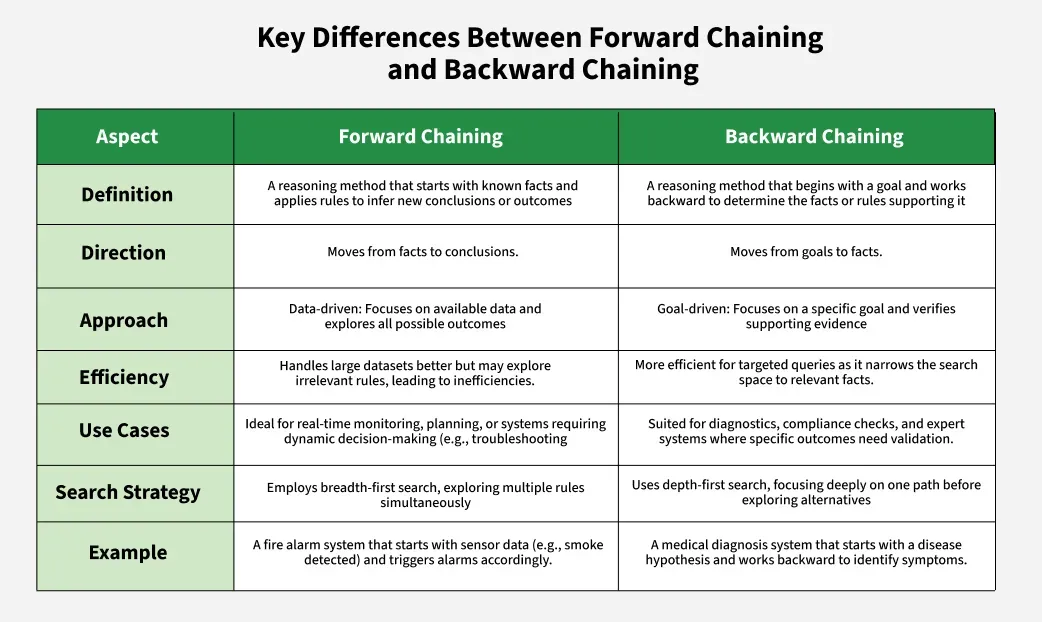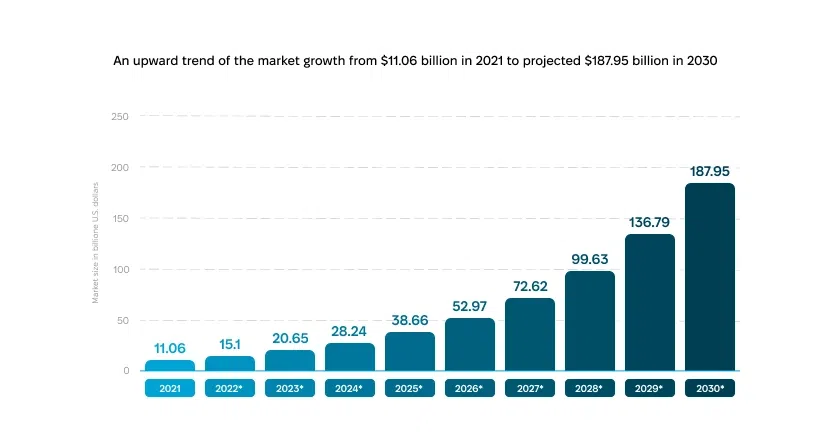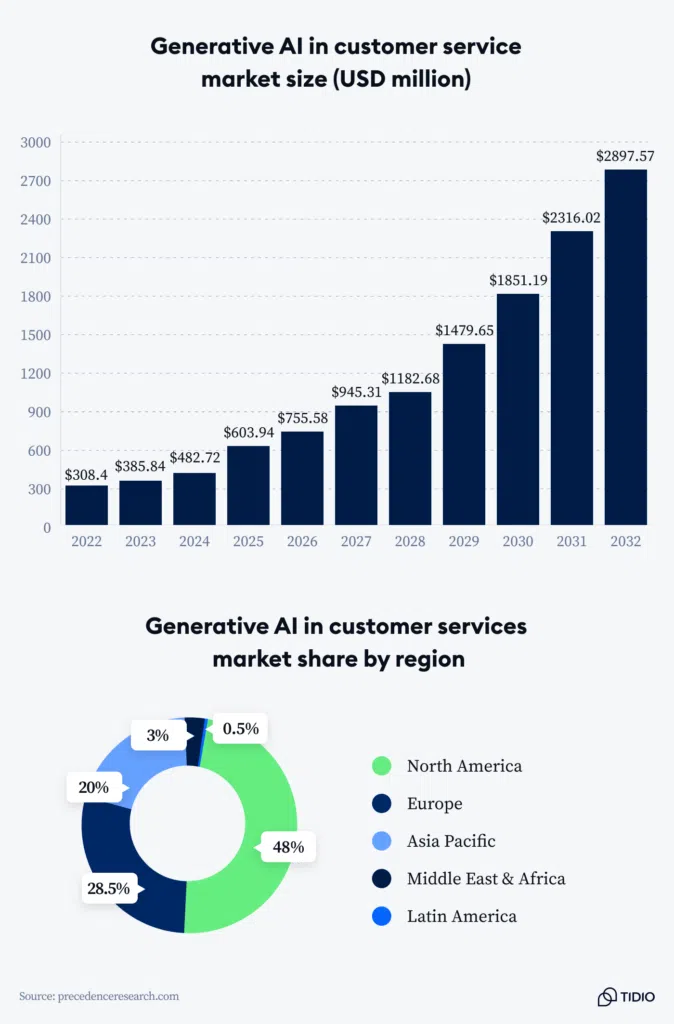The Power of Production Systems in AI: Unlocking Business Potential
Production systems in AI serve as the foundation for intelligent decision-making, automation, and problem-solving across various industries. These systems use predefined rules to process data, derive conclusions, and execute actions, making them essential for applications where consistency, precision, and efficiency are paramount.
Over the years, production systems in AI have evolved from basic rule-based frameworks to more advanced architectures that incorporate machine learning (ML) and deep learning techniques. This fusion, accelerated by machine learning development, allows businesses to enhance decision-making capabilities, minimize human intervention, and improve adaptability in dynamic environments. As AI continues to shape industries like healthcare, finance, and manufacturing, production systems are becoming increasingly sophisticated, enabling smarter automation and more efficient operations.
Core Components of Production Systems in AI
At their core, production systems in AI operate through a structured set of logical rules and a processing mechanism designed to infer new knowledge. These systems are typically composed of three primary components:

Image source: BotPenguin
-
A set of rules (Knowledge Base): Also known as productions, these rules define how the system should respond to specific conditions. They are often structured as “if-then” statements to facilitate logical reasoning.
-
Working Memory (Database): This serves as the system’s dynamic storage, keeping track of the current state of information and updating as new facts are inferred.
-
Inference Engine: The heart of the system, this component applies the rules to the working memory, enabling logical deductions, decision-making, and problem-solving.
How Production Systems in AI Enhance Automation
By leveraging rule-based automation, production systems in AI provide a structured and systematic approach to solving problems. One key advantage of production systems in AI is their ability to handle complex, multi-step workflows with minimal human oversight. In industries like healthcare, AI-driven expert systems analyze patient data and suggest potential diagnoses. In finance, production systems support real-time fraud detection and automated risk assessment. These capabilities align with the broader goals of artificial intelligence, including efficiency and accuracy.
Classification of Production Systems in AI
Production systems can be classified into several types based on how they apply rules:
-
Forward Chaining: The system begins with known facts and applies rules progressively to derive new conclusions. This approach is widely used in expert systems, such as medical diagnosis tools and industrial automation software.
-
Backward Chaining: Instead of starting with facts, the system defines a goal and works backward to determine the necessary conditions for achieving it. This technique is often employed in problem-solving applications, including troubleshooting and AI-based recommendation engines.

Image source: geeksforgeeks
Control Strategy
A crucial aspect of production systems in AI is the control strategy that determines which rule should be applied when multiple rules are eligible. Two common control strategies include:
-
Conflict Resolution: When multiple rules can be executed simultaneously, the system prioritizes based on predefined criteria, such as specificity, recency, or rule importance.
-
Rule Ordering: Rules are ranked in order of priority to ensure that the most critical operations are executed first, optimizing efficiency and decision-making accuracy.
Get in touch with Savvycom for a free consultation. We’ll help you decide on next steps, explain how the development process is organized, and provide you with a free project estimate.
How Control Strategies Guide the Reasoning Process?
The reasoning process in production systems is driven by control strategies. For example, when implementing AI in financial services, control strategies help determine which rules to prioritize based on regulatory requirements or financial risk. This ensures that critical transactions are processed first, reducing the risk of errors or non-compliance. As reported by PwC, AI-powered automation in financial services can save businesses up to $7 billion annually by reducing operational costs and minimizing errors.
Production System Rules
The effectiveness of production systems in AI lies in their rules. These “if-then” conditions enable systems to process vast amounts of data, apply logic, and deliver outcomes consistently. The more rules a system has, the more scenarios it can handle, though this also introduces complexity.
For instance, in healthcare, production systems can guide diagnostic processes, ensuring that symptoms are analyzed against predefined medical knowledge. Statista reports that the global AI healthcare market is expected to grow from $11.06 billion in 2021 to $187.95 billion by 2030, highlighting the increasing reliance on AI-driven systems.

Image source: exoft
Pros and Cons of Production Systems in AI
| Pros | Cons |
|---|---|
| Automation of Decision-Making: Production systems automate complex decision-making processes, reducing human intervention and increasing efficiency. According to McKinsey, automation can raise productivity by up to 1.4% annually. | Maintenance: Over time, production systems require frequent updates to their rules, which can be resource-intensive for businesses. |
| Consistency: Relying on predefined rules ensures consistent decision-making, crucial for financial transactions or medical diagnostics. | Inflexibility: Without integration with machine learning, production systems can be rigid and may struggle with new, unseen scenarios. |
| Scalability: Production systems can easily scale by adding more rules to handle new scenarios, ensuring they remain relevant as the business grows. | Conflict Resolution Complexity: As the number of rules increases, it may become challenging for the system to resolve conflicts efficiently, potentially slowing down decision-making. |
| Traceability: The rule-based nature of production systems ensures transparency in decision-making, which is vital for regulatory compliance. |
Implementing an AI Production System
Implementing a production system in AI involves defining the problem, establishing the necessary rules, and ensuring that the system can handle a range of scenarios. Industries such as manufacturing and retail rely heavily on production systems to automate workflows and manage inventory.
For example, Ford uses production systems to streamline its assembly lines, automating decision-making processes for quality checks, resource allocation, and supply chain management. AI-driven production systems have enabled Ford to achieve 25% faster throughput times, significantly improving operational efficiency.
Integration with Machine Learning in AI Production Systems
The next frontier in AI is the seamless integration of production systems with machine learning (ML). ML algorithms allow these systems to adapt to new situations without the need for predefined rules, offering a level of flexibility that traditional production systems cannot achieve alone. This integration is crucial in IoT Digital Transformation, where real-time data from connected devices informs decision-making.
For example, AI-powered recommendation engines in e-commerce apply rules to suggest products based on user behavior, while machine learning algorithms continuously improve these recommendations by analyzing real-time data. According to Forrester Research, companies using AI in customer recommendations have seen an 11% increase in customer engagement and a 10% rise in revenue. 83% of business feel AI lets them assist more customers, companies that offer AI-powered customer service grow in revenue 4-8% faster.

Image source: Tidio
The Future of Production Systems in AI
The future of production systems in AI looks promising, especially with their integration into broader AI technologies like natural language processing (NLP), robotics, and the Internet of Things (IoT). Staying on top of natural language processing trends will be essential for businesses aiming to enhance customer interaction experiences. As AI systems become more flexible, production systems will continue to play a pivotal role in driving business success.
At Savvycom, a leading software development company, we specialize in delivering AI-powered solutions that cater to the specific needs of businesses. From developing robust production systems to integrating advanced machine learning algorithms, our team helps businesses unlock new levels of efficiency and innovation while carefully considering the artificial intelligence cost to ensure a good return on investment.
With a wealth of experience in building AI-driven platforms, Savvycom ensures that your business remains competitive in an ever-evolving digital landscape. We provide end-to-end AI solutions, from conceptualization to implementation, allowing you to harness the full potential of production systems in AI.
By enhancing efficiency and enabling more intelligent decision-making, production systems in AI are becoming indispensable across industries. Whether through forward chaining, backward chaining, or hybrid systems with machine learning, these rule-based systems offer a scalable, transparent solution for businesses looking to automate processes. With companies like Savvycom leading the charge in AI-powered innovation, businesses can confidently embrace the future of production systems and unlock new opportunities for growth.
Need Help With AI Automation?
Partner with Savvycom to implement intelligent AI solutions using production systems and automation technologies. Let’s unlock your business potential.
📌 FAQ – Frequently Asked Questions About Production Systems in AI
1. What is a production system in AI?
A production system in AI is a framework that uses a set of predefined “if-then” rules to process data, derive conclusions, and automate decision-making. It includes components like a knowledge base, inference engine, and working memory, making it ideal for intelligent problem-solving and automation.
2. How do production systems enhance AI automation?
Production systems enhance AI automation by providing a rule-based structure that minimizes human intervention. This makes it easier to implement consistent, repeatable actions in fields like healthcare (diagnosis suggestions) and finance (fraud detection).
3. What is the difference between forward chaining and backward chaining in AI?
-
Forward chaining starts from known data and applies rules to derive new information or decisions (commonly used in diagnostic tools).
-
Backward chaining starts with a goal and works backward to determine which conditions need to be met (common in recommendation systems and troubleshooting).
4. What are the main advantages of production systems in AI?
Key advantages include automation, consistency, scalability, and transparency. These systems can process large data sets with predictable logic, which is essential for tasks like regulatory compliance or quality control in manufacturing.
5. What are the limitations of rule-based production systems?
They can become inflexible and complex over time, especially without machine learning integration. Frequent updates to rule sets are required, and managing conflicts between overlapping rules can be challenging as the system scales.
6. Can production systems integrate with machine learning?
Yes. Combining production systems with ML enables adaptive automation. For example, ML can continuously refine rules based on real-time user behavior, making systems smarter and more personalized—especially in e-commerce or customer service.


